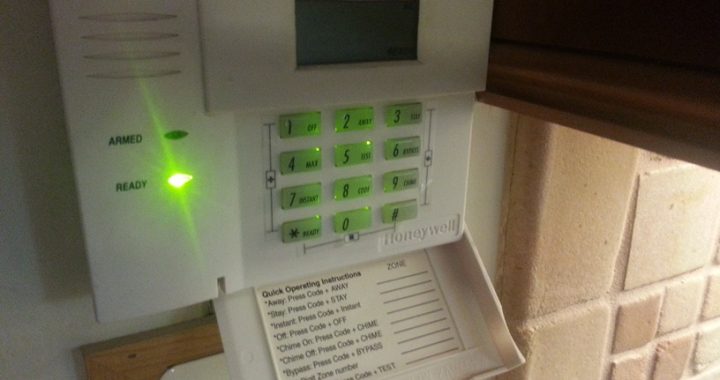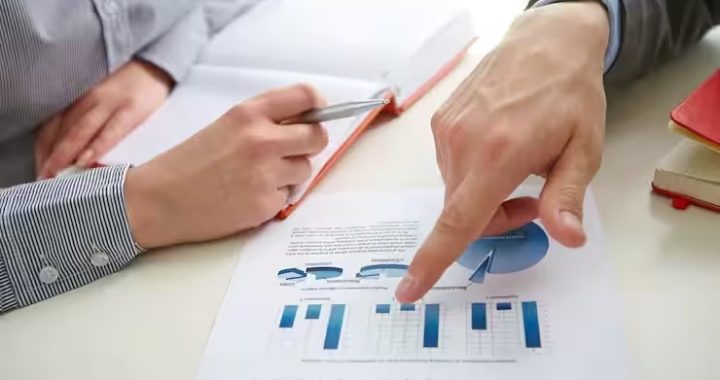Valuing a Business for Purchase – Crucial Guide

I frequently get requested for any “rough idea” of the items a business may be worth.
This is an interesting question, although not one that will be clarified in almost any significant way without drilling lower in to the more knowledge about the business because within the real life, its valuation of the business has numerous variables including industry types, differing industrial sectors and individual amounts of profit and risk which make any ‘prophecy’ of business asset valuation as reliable in outcome as going for a trifecta bet in a track.
Many of the true with regards to a independently owned small business valuation if the business is incorporated like a private company or operates like a sole trader.
Aside from their annual Taxes, independently owned companies around australia, aren’t obliged, to lodge financial statements with any statutory body or publish any information on their activities within the public domain.
With openly listed entities (companies for auction on a regular market) there’s more data for any business valuation company to analyse by means of share prices, cost to earnings ratios, historic performance and annual reports. Comparisons can be created between these indicators to find out a variety of valuation metrics.
Private companies, however, are as different as fingerprints – no two companies are identical since they’re generally ‘built’ around the requirements of the business Owner. Business analysis and valuation of non-public companies must therefore, additionally to some study from the financials, incorporate a detailed Risk Assessment and look at the Roi the business creates the dog owner and the price of Capital to purchase the business.
What to check out When You Wish to Value a Business for Purchase?
Generally, many SME (Promising small to Medium Enterprises) business asset valuations concentrate on the ‘Return on Investment’ (Return on investment). Normally, this is expressed like a percentage (%) and it is a stride from the Risk for an Owner in comparison to the Return. For any independently held business around australia this ought to be between 20% and 50%. The nearer to 20% the greater ‘secure’ the business investment – the nearer to 50% the greater ‘riskier’ an investment.
A business valuation are convinced that demonstrates a Return on investment under 20% signifies that it might be unlikely to create a good investment (or perhaps a Bank wouldn’t lend the funds to buy) – basically the return wouldn’t be enough (due to the liquidity – or easy conversion to cash) to warrant an investment along with a return well over 50% would indicate there are significant risks which may be outdoors from the safe place on most investors and financiers.
Typically, private companies and also the valuation of companies within the private space are usually according to historic financials using the valuation of intangible assets in line with the adjusted internet profit (before tax) – known as EBIT (Earnings before Tax)
Adjustments are created to the Accountant prepared financials to ‘add back’ any expenses towards the business profit that are discretionary towards the owner(s) personally, plus ‘book’ expenses like depreciation of P&E and then any abnormal ‘one off’ expenses just like a non recurring bad debt to reach the actual Internet Profit (before tax) from the business.
It’s multiples of the Internet Profit, tempered through the Risk profile from the business and also the Return on investment percentage that will determine the need for the business.
But although many people request a private or corporate business valuation, what they demand to understand may be the Cost.
Value and Cost could be two completely different figures.
What’s the Distinction between ‘Value’ And ‘Price’ when you wish to Value a Business for Purchase?
Within the valuation of companies where the reason behind its valuation is perfect for the re distribution of shares for any Management Buy In, the cost conclusion must connect with the marketplace (may be the sales marketplace for this kind of business up or lower?) to ensure that basics cost can be established at that time over time despite the fact that there won’t be any actual “purchase” from the business.
Similarly, in business valuation for divorce high could ultimately be an exterior transaction to market but in some instances one party really wants to retain possession from the business and purchase another party out. Within this situation both sides need to know the ‘Fair Market Value’ from the business to allow them to settle although the business isn’t really being offered.
Essentially, ‘Value’ could be entirely according to hypothetical theory whereas ‘Price’ within the true sense are only able to depend on “exactly what the market pays”.
Paul Nielsen graduated from Chicago’s Loyola College School of Business Administration and it is an authorized Acquisitions and mergers Consultant (CM&AA).
He holds qualifications around australia like a Certified Practicing Business Broker (CPBB) from both REIQ & AIBB, is really a Certified Machinery & Equipment Appraiser (CMEA), Licensed Realtor, Licensed Second Hands Dealer and Accredited Sponsor from the Australian Small-scale Choices Board.
Paul is really a Fellow from the Institute of Company directors & Managers (FIDM) as well as an Accredited Senior Business Analyst (Small business administration) using the Worldwide Society of Business Analysts.
For 3 successive terms Paul was the elected National President from the Australian Institute of Business Brokers (AIBB) and it is an energetic Person in the Australian Institute of Company Company directors.

 What Happens After Your Security Alarm Goes Off?
What Happens After Your Security Alarm Goes Off?  How Make-Good Services Ensure Smooth Lease Transitions and Compliance
How Make-Good Services Ensure Smooth Lease Transitions and Compliance  The Shift from Concept to Real-World 3D Build Projects
The Shift from Concept to Real-World 3D Build Projects  Effortless Office Moves in Melbourne
Effortless Office Moves in Melbourne  SEBI’s Latest Regulations for Investment Advisory Services in India
SEBI’s Latest Regulations for Investment Advisory Services in India  Exploring the Most Effective Business Services for Entrepreneurs
Exploring the Most Effective Business Services for Entrepreneurs  The Evolution of Industry: From the Industrial Revolution to the Age of Automation
The Evolution of Industry: From the Industrial Revolution to the Age of Automation